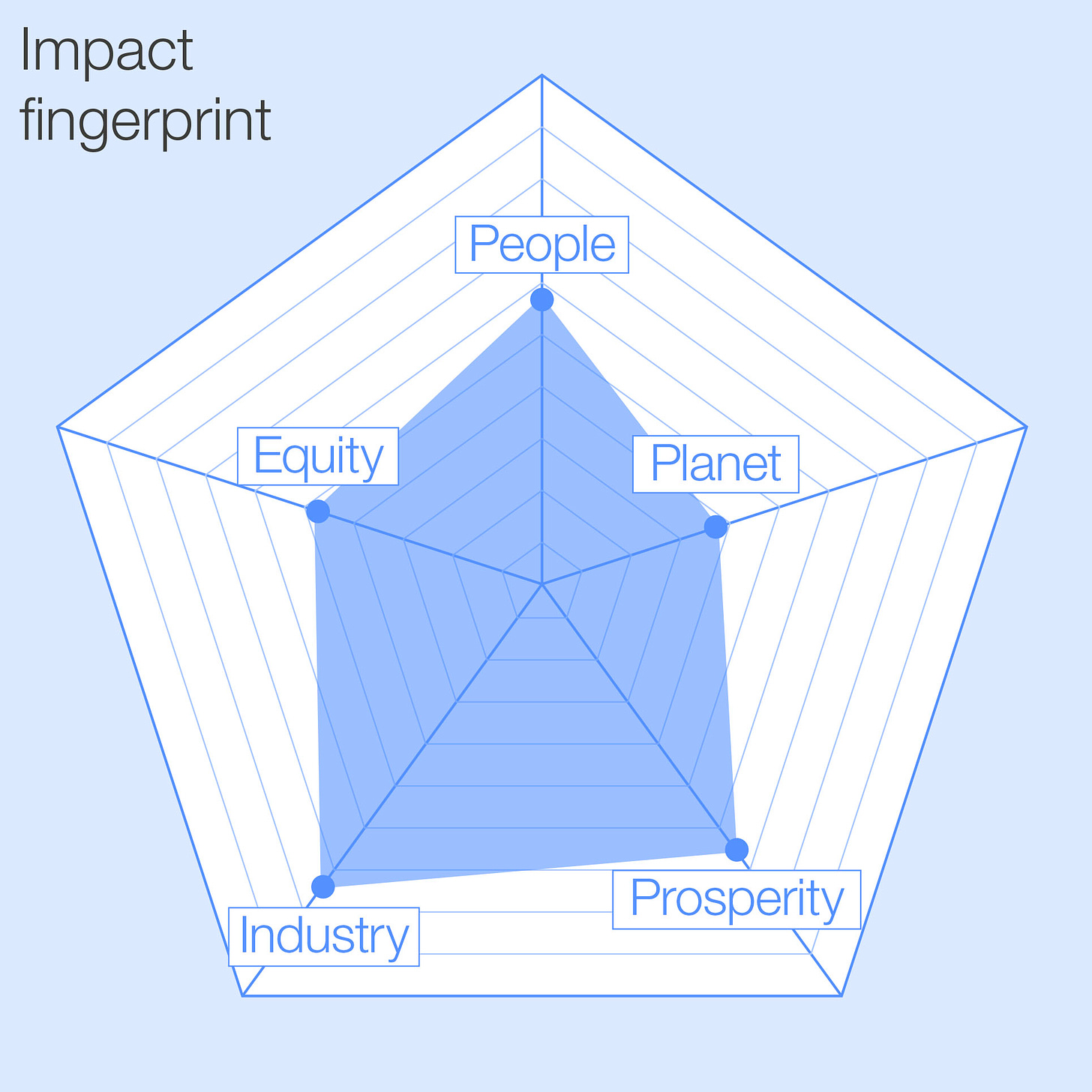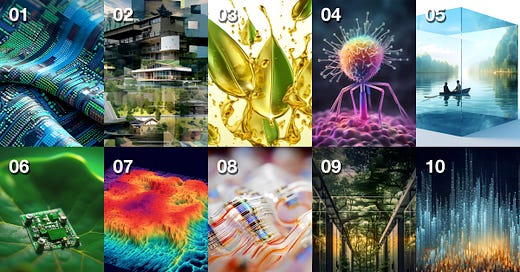WEF Top Ten Emerging Technologies of 2023 focus on AI, health, and sustainability
This year's top ten emerging technologies report from the World Economic Forum spans generative AI and wearable plant sensors to AI-facilitated healthcare and sustainable computing
Today sees the launch of the eleventh report on top emerging technologies from the World Economic Forum. Like its predecessors, this report highlights transformative innovations that are beginning to have a substantial impact, and insight into areas that are on the cusp of taking off.
I’ve been on the steering group for the WEF Top Ten Emerging Technologies list since it’s inception in 2011, and am constantly impressed by the insights and prescience of my colleagues as we whittle the list down. This year’s report is no exception, and covers a diverse array of technologies from flexible batteries to designer phages, wearable plant sensors, and spatial omics.
As always, the innovations represent the cutting edge of technology innovations that are poised to have far-reaching social, economic, and environmental impact. Yet within a diverse set of technologies, there are clear themes surrounding artificial intelligence, health, and sustainability.
Artificial Intelligence
Not surprisingly, AI is prominent in the top ten list. Generative AI — not just images, text and audio, but also the use of AI in design, discovery, and innovation — is second on the list (not that these technologies are ranked). But advances in AI are also intertwined with highlighted advances in AI-facilitated healthcare, flexible neural electronics, and sustainable computing.
Heath
Health is represented by technologies such as a metaverse for mental health, flexible neural electronics, AI-facilitated healthcare, and designer phages.
Of these, it’s good to see the presence of mental health on the list. In this year’s report the focus is on the role of immersive extended reality (XR) environments, but expect this to extend to a broader intersection between AI and mental health in future years.
Sustainability
Turning to sustainability and “planetary health,” the report highlights advances in renewable aviation fuel, sustainable computing, and wearable plant sensors.
The idea of “wearable plant sensors” intrigued me as we were discussing this year’s list (and yes, I did fleetingly wonder if this was about plants that you wear … it isn’t!) The idea of placing sensors on individual plants to monitor their health isn’t necessarily intuitive. But once you combine the potential of highly inexpensive miniature sensors with massively integrated data processing and analysis, the possibilities for impacting food production and empowering food-growing communities becomes potentially transformative.
Impact fingerprints and strategic intelligence
In addition to the listed technologies, this year’s report also includes an “impact fingerprint” for each technology that considers potential impacts to people, planet, prosperity, industry, and equity.
These are qualitative radar plots that allow the impact profile of each technology to be assessed and compared.

There’s also a link to a map of interconnected areas of innovation associated with each technology in the form of a strategic intelligence platform map. These utilize a platform WEF have been using some time to allow the complex and interconnected landscape around emerging technologies to be explored.

Taken together, the impact fingerprints and strategic intelligence platform maps further extend the relevance and usefulness of the list in identifying and navigating emerging technology transitions that have the potential to transform the world we live in.
Using emerging tech to communicate about emerging tech
It’s also worth adding a special call-out to the stunning graphics accompanying each technology in this year’s list — these are captured in the image at the top of this article. All of these were produced by Studio Miko using the generative AI platform Midjourney.
As well as being visually engaging, they’re a a bold meta-statement to just how far AI has come on over the past 12 months, and the creative power of AI-human collaborations.
The full list of top ten emerging technologies in the report includes:
Flexible batteries
Generative artificial intelligence
Sustainable aviation fuel
Designer phages
Metaverse for mental health
Wearable plant sensors
Spatial omics
Flexible neural electronics
Sustainable computing
AI-facilitated healthcare
The full World Economic Forum flagship report on the top ten emerging technologies of 2023 can be accessed at http://wef.ch/top10tech23.





